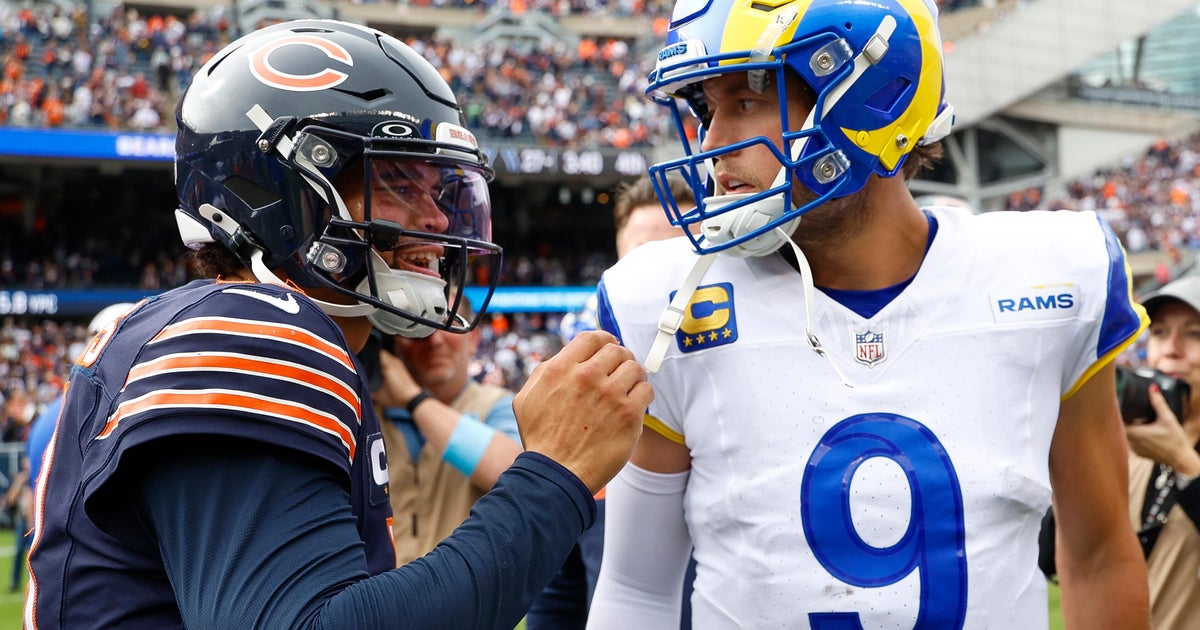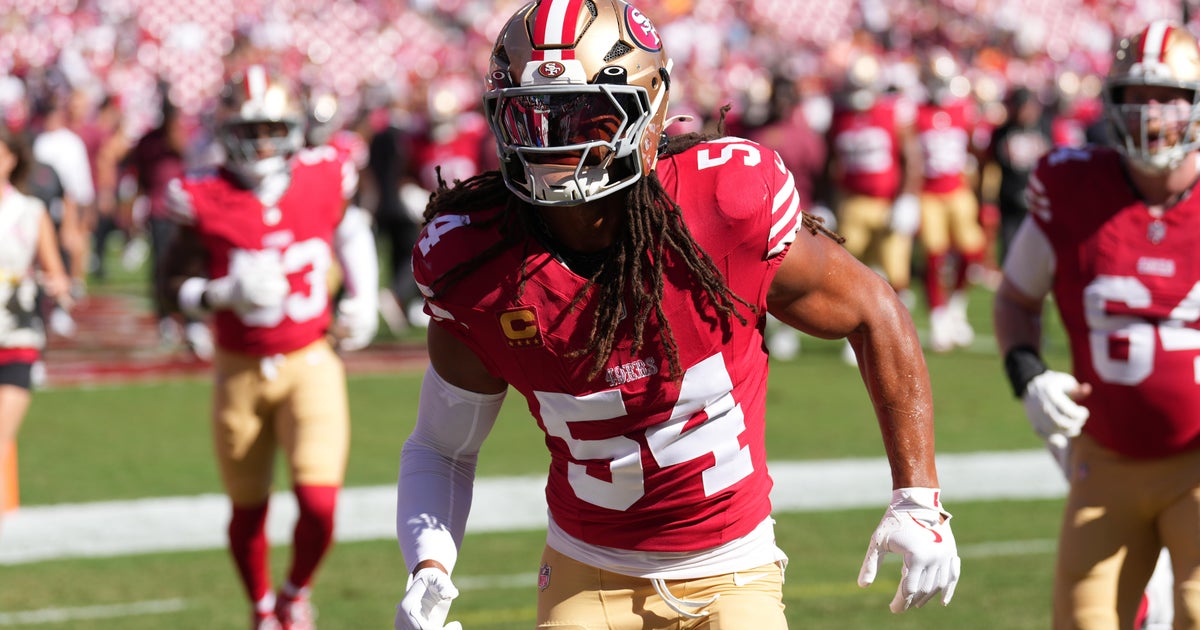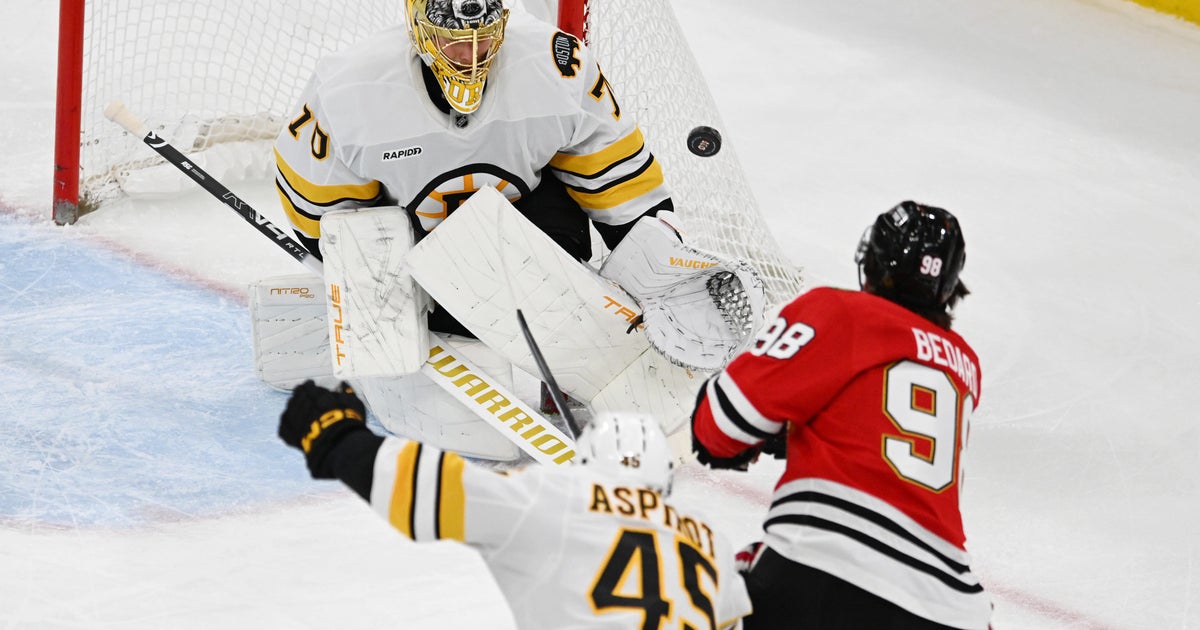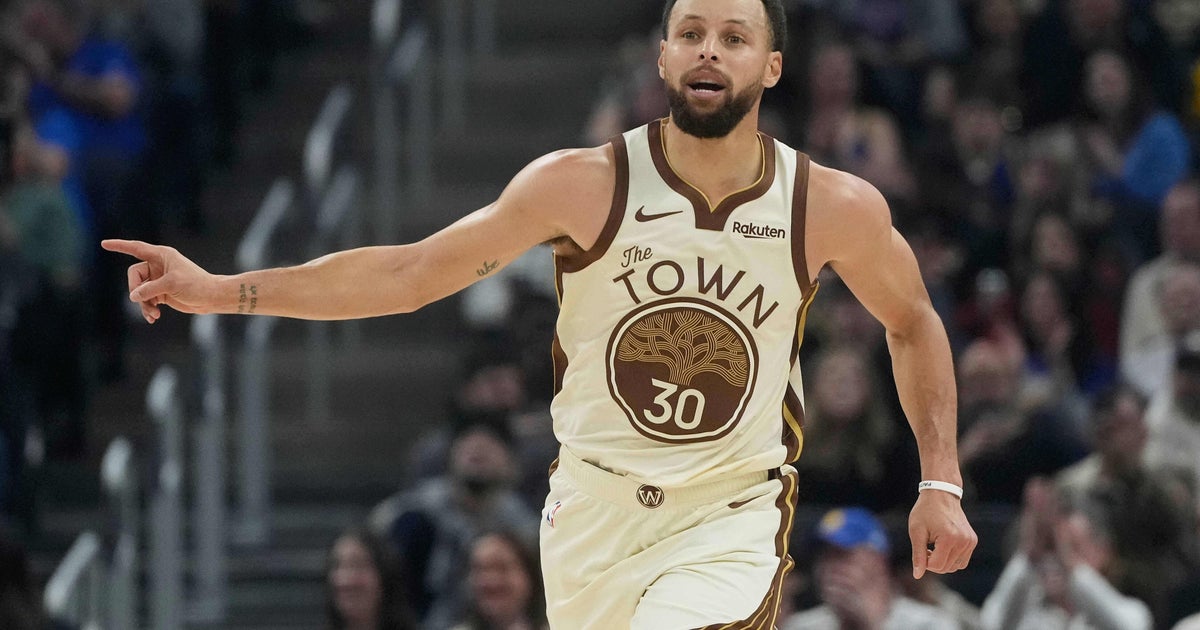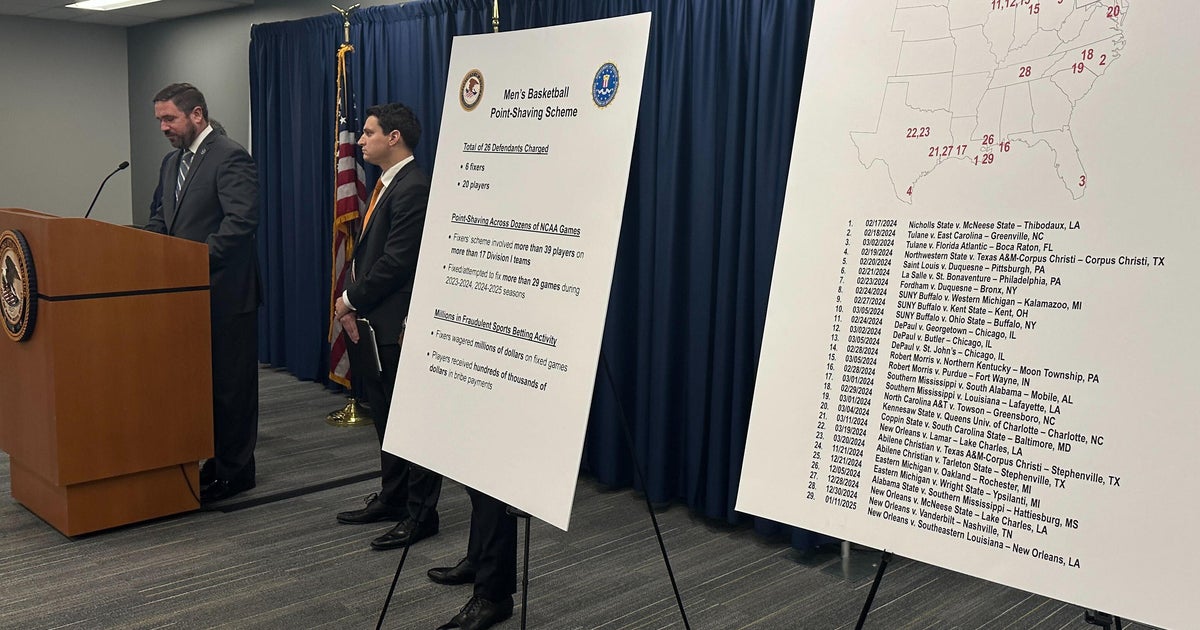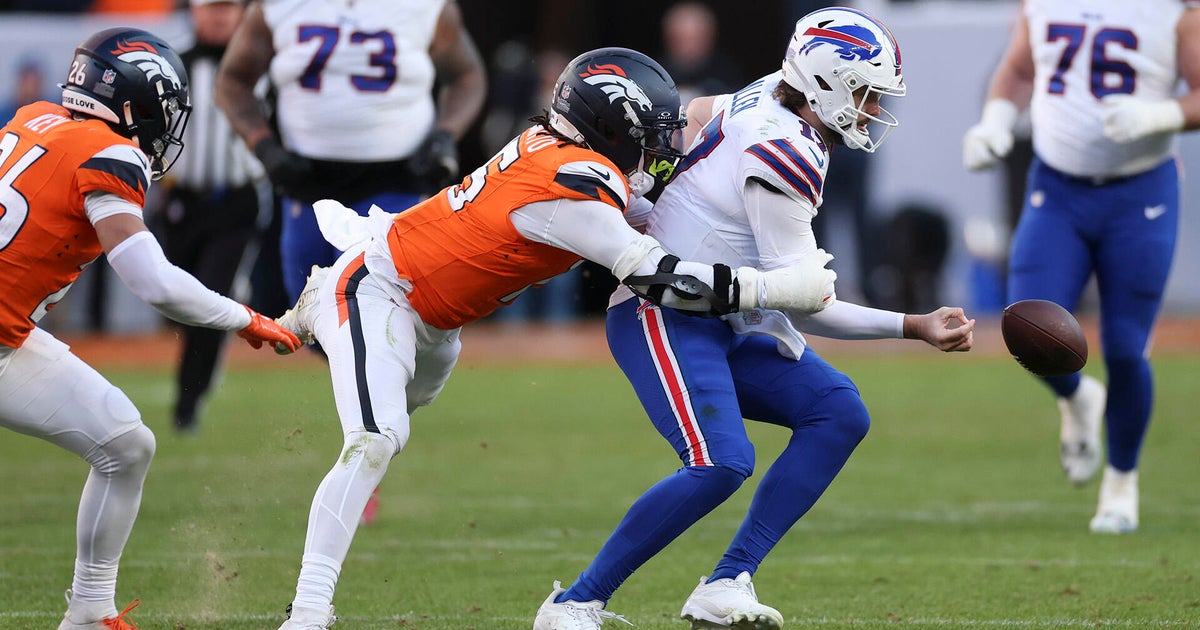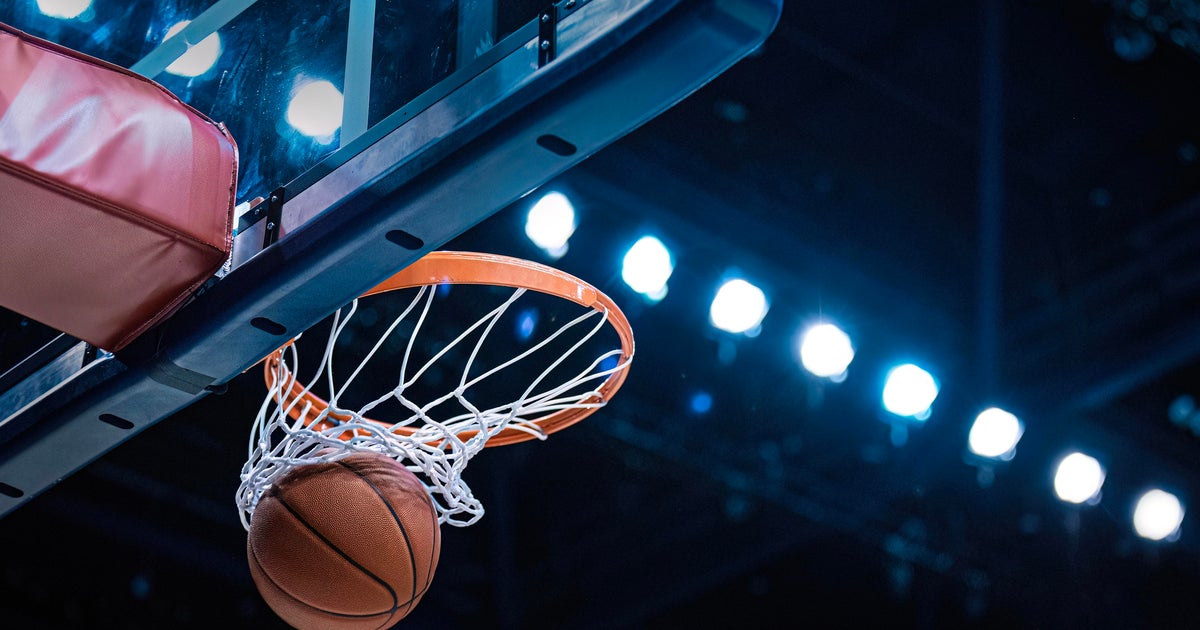Dorfman: The Night The All-Star Game Was All American
By Daniel I. Dorfman--
(WSCR) Every so often, a party goes off without a hitch and everyone has a great time. Such was the case of the 50th Anniversary All-Star Game played on this day in 1983. Well, in this case, everyone had a good time except for the players from the National League.
28 years ago today, the entire baseball world was focused on the intersection of 35th and Shields as the two leagues met in baseball's midsummer classic. History was made that night on two different levels as Fred Lynn entered the record books and helped turned the tide of an embarrassing streak for the American League. Finally, for a certain White Sox rookie, it was a night when he lived out a childhood dream.
It was hardly a coincidence that the game was played on July 6th. Exactly 50 years before, the first ever All-Star Game was played on that same field as the American League won 4-2, powered by Babe Ruth, who, given his stature in baseball, appropriately hit the first All-Star home run.
So to stay true to the anniversary, White Sox ownership was able to convince the rest of their brethren to schedule the All-Star game a week earlier than normal and have it on a Wednesday, instead of the traditional Tuesday. It was the first All-Star Game played in Chicago since 1962 and the first one at Comiskey Park since 1950.
The 50th anniversary theme was not lost on the players. "The cool thing about playing then is that we were playing on the same fields as guys like Babe Ruth," Lynn said. "It is not like today when all the ballparks are new. The ghosts of baseball's players were there. It meant a lot. We wanted to win that game for a lot of reasons and that was certainly one of them."
While All-Star games are exhibitions, it was no secret that it was very important to the American Leaguers to get a victory. When that game was played, the American League was considered the junior circuit, and not just because it was the younger of the two leagues. The National League had won 11 straight midsummer classics and 19 of 20 overall, as well as the previous four World Series.
"The National League was killing us," Lynn remembered. "Things were very much separate and very competitive. In those days we had different league presidents, different umpires and even different balls. We took the games very seriously."
Lynn explained that the reason why the American League was having problems was tied into inexperience battling a roster full of future Hall of Famers, including Andre Dawson, Mike Schmidt and Gary Carter.
"There were always new guys coming on the team but the National League had the same guys playing every year," he said. "In an All-Star game you are nervous; you might see players that you have seen as a kid. You get awestruck. So it was hard to compete and match up against the National League."
The lone White Sox representative was Ron Kittle, who had Chicago falling in love with him in his first season as he was on his way to winning Rookie of the Year with 35 homers and 100 RBI. He was cognizant of the extra importance of the game, the White Sox had been playing up the 50th Annual All-Star Game theme all season long.
"It added more to it because we had the patch on our jerseys," Kittle said of the 50th anniversary angle. "The marketing team did a great job with that event. It was fun, jubilation and a few cocktails and it was a moment I will never forget it."
That Kittle was even in baseball, let alone the All-Star team, was a testament to his determination. In 1976 as a Dodger farmhand he had broken his neck in a game and was partially paralyzed. But Kittle, who hailed from nearby Gary, refused to give up on his dream and by 1983 he was the starting left fielder for the White Sox.
He was off to a great start and he was honored to be in a locker room filled with the likes of Rod Carew, Robin Yount and George Brett among others. "Most rookies don't get picked. I was called by (then White Sox general manager) Roland Hemond to congratulate me. I wasn't trying to make the All-Star team. I was just trying to do the best I could."
So what was it like for him to be on that roster and in the locker room? He reacted the way a lot of young people in similar positions.
"I was collecting autographs," Kittle said. "I had watched those guys on TV. I was floating on air. But the veteran players were guys who were just as excited to compete and to represent the team."
As game time finally approached, the players from both teams were introduced. When Kittle was announced to his home fans, the old ballpark, which had just celebrated its 73rd Anniversary, roared with a ferocity not often heard.
"George Brett and Doug DeCinces came over to me and said that was the loudest ovation they had ever heard," Kittle remembered.
There was still a game to be played and the American League had received a great pep talk by league president Lee MacPhail.
The National League took the lead in the first on an unearned run leading to some uneasiness in the American League dugout as feelings of "here we go again" began to surface.
But the AL tied the game in the bottom of the first and moved ahead 2-1 the next inning setting the stage for some history.
In the bottom of the third, National League manager Whitey Herzog brought in San Francisco's Atlee Hammaker to replace starter Mario Soto of Cincinnati.
Lynn's former teammate in Boston, Jim rice, greeted Hammaker with a homer to left. The American League then went on to score two more runs and had Cleveland's Manny Trillo on third and Carew on second when Herzog elected to intentionally walk Milwaukee's Robin Yount in favor of a lefty-on-lefty matchup against Lynn, who was playing for what was then, the California Angels.
Lynn received some advice from Kittle: Look for a breaking ball from Hammaker since Kittle had faced him the minors. Additionally, he was rankled with Herzog's decision. No hitter likes it when the person ahead of them is walked to get to them.
So Lynn, who spent his summers growing up in Chicago and was playing in front of a lot of friends, came into the batter's box with the crowd in a frenzy, but not knowing that a grand slam had never been hit in All-Star Game history. NBC flashed such a graphic informing the TV audience of just that.
The count reached two balls and two strikes.
"I knew on 2-2 he was going to throw me a breaking ball because he didn't want to go to 3-2" Lynn recalled. "He threw a breaking ball on the outer half of the plate. I knew it had home run distance when it left my bat."
It certainly did as the ball found its way into the right field bleachers, ironically enough, in the same area where Ruth hit his shot 50 years before.
"It was sort of like, take that," Lynn said. "You walk a guy to get to me and I say take that. I pumped my fist going around first base and I never did that. But the significance was not lost on me that we were going to win that game."
Suddenly the American Leaguers were up eight, and they would go on to win 13-3.
"It was a big relief," Lynn said. "We got that monkey off that back. Being on the winning side is a whole lot more fun than being on the losing side. Exhibition or not, you want to win."
In fact that game was a turning point in All-Star game history. Since 1984, the American League has dominated the games going 19-7-1.
Lynn would finish off a string of nine consecutive All-Star games on that night, over the course of a career that saw him being named both Rookie of the Year and MVP in 1975. He still is the only hitter who has gone deep with the bases loaded in an All-Star game, which remains one of his greatest thrills of his time in the game.
"If it not number one, it is real close," Lynn said today from California where he gives motivational speeches and serves as a corporate spokesman. "To have the only All-Star Game grand slam is pretty significant feat. It is amazing that it has never happened again."
As for Kittle, who today works in White Sox community relations department and builds objects from baseball related items, he went 1-for-2 that night as he faced Lee Smith of the Cubs. It was one high point in what was a very special summer on the south side, as the Sox went on to win the American League West by 20 games.
"It was extremely fun event," Kittle said. "But it was mentally draining because of the local boy makes good angle and it drained me for a little while. But I would do it again a million times."
Do you agree with Daniel? Post your comments below.
Daniel I. Dorfman is a local freelance writer who has written and reported for the New York Times, Philadelphia Inquirer and the Boston Globe among many other nationally prominent broadcast, online and print media organizations. He is also a researcher for 670 The Score. You can follow him on Twitter @DanDorfman To read more of Daniel's blogs click here.

